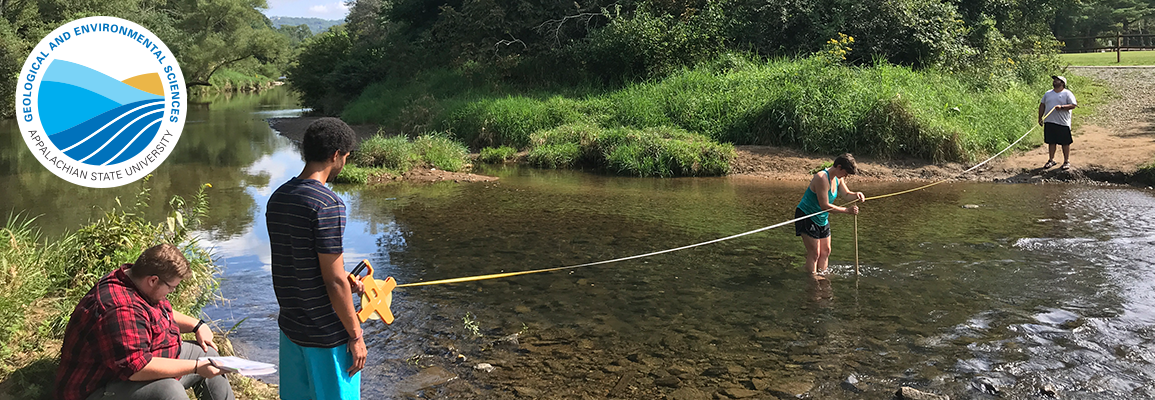Environmental Science (BS) - Natural Resources
The Natural Resources concentration is for students who are interested in conservation and how Earth's biosphere, hydrosphere, atmosphere, geologic materials, and surface processes are interconnected with policy.
This program of study has more biology, conservation, and policy electives than the other majors in GES, so if you are interested in a career within the interdisciplinary fields of conservation, environmental policy, energy systems, public health, GIS (land surface mapping and remote sensing), natural resource management, urban planning, sustainability, etc., this program of study is best for you.
If you want a more technical career in climate research, climate change mitigation (technical solutions rather than policy solutions), risk management, natural hazards, water quality/quantity, etc., this program of study does not have sufficient math or physics classes for career advancement and we recommend that you major in either geology (regular BA/BS, or geology with a concentration in quantitative geoscience), or environmental science with a concentration in either earth systems science or quantiative environmental science.
The Natural Resources concentration prepares students well for graduate programs where calculus and physics classes are typically not required, such as law school or graduate programs in public health, geography, policy, social science, etc. If you want to continue your post-graduate education in the physical or biological sciences, this program of study does not have sufficient calculus or physics classes to set you up for success and we recommend some of our other programs of study in GES.
Since it is so interdisciplinary, it is important to refer to the What Should I Major In? page to make sure that this program of study actually prepares you for the career you want.
